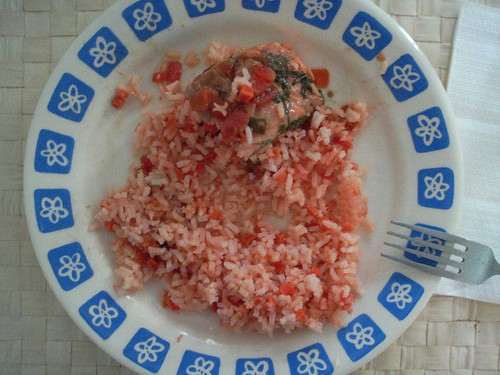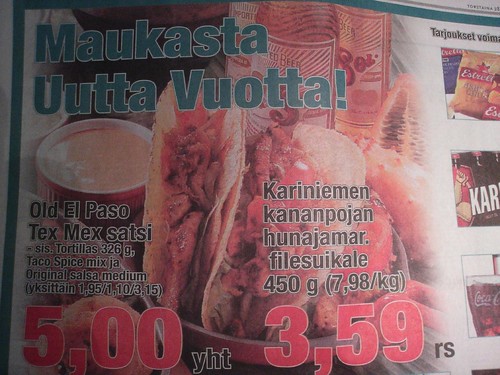I have mentioned before that I believe Finland to be the closest thing to a geek paradise. The reason for it is very simple: given the high esteem Finnish society in general has of education, people are encouraged to be highly educated, which results on a certain level of geekness.
Even though individuals related to IT such as Linus Torvalds are probably the most famous, there are other aspects of geekiness where Finns excell. I could for example mention the Nuntii Latini, the renowned service of Latin-language news, or the fascination Finns have with Tolkien. There I have found out that there are not only computer geeks, but history geeks, role-playing geeks, music geeks, art geeks and even food geeks (also known as foodies), and not only are they not ridiculed, they are accepted.
This is one of the reasons why Finland is cool, and why it is thriving in the creative economy.

